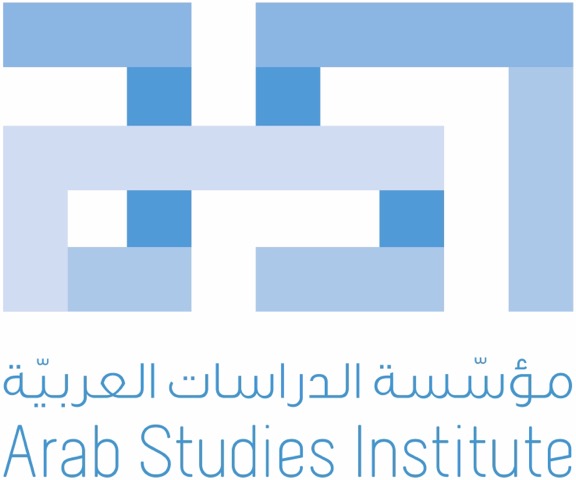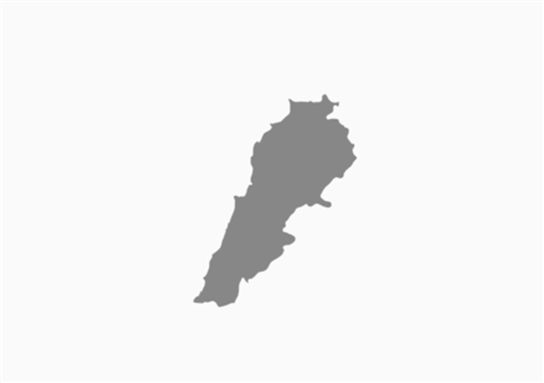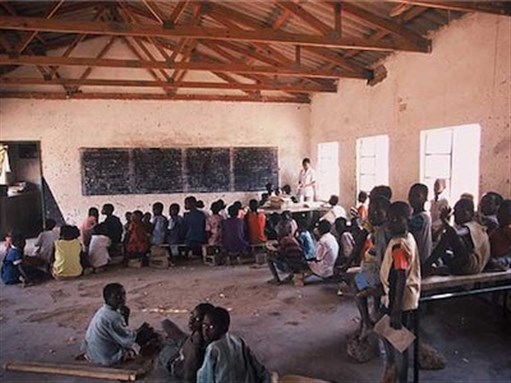The Arab Studies Institute (ASI) and AUB’s Center for Arab and Middle Eastern Studies (CAMES) are pleased to announce the first Lebanon-focused Doctoral Dissertation Summer Workshop, to be held 13-24 June 2016. The program aims to provide a framework for facilitating and advancing rigorous inter-disciplinary doctoral dissertation research on Lebanon.
Scholarly literature on Lebanon is seldom fully integrated into the graduate coursework of PhD students focusing on the Middle East and North Africa region. Furthermore, such students rarely find themselves at institutions with access to a scholar of Lebanon to fulfill the role of course professor, academic advisor, field examiner, or dissertation committee member. These dynamics are particularly important given the frequent and problematic ways that historical and contemporary political, economic, social, and cultural dynamics in Lebanon are exceptionalized vis-à-vis the comparative study of societies in general and the Middle East in particular.
By bringing together PhD students of various disciplinary training and topical foci, this program creates a space to interrogate, modify, and develop critical approaches to the study of Lebanon. Central to this process is increasing students’ familiarity with the contours of knowledge production as well as field research in Lebanon.
The goals of the doctoral dissertation summer workshop are as follows:
- Deepen participants’ theoretical and empirical foundations for the study;
- Introduce applicants to the main questions and methods of various disciplines;
- Facilitate logistical preparation for archival and other forms of research fieldwork;
- Contribute to the development of a doctoral dissertation research and writing community;
- Expand critical knowledge production on Lebanon.
A cohort of PhD students, representing an array of disciplines, research agendas, and institutional affiliations, will be chosen from an open pool of applicants through a competitive selection process.
Relevant Dates
- Doctoral Dissertation Summer Workshop: 13-24 June 2016
- Application Deadline: 15 February 2016 (though applicants will be accepted on a rolling basis until 1 March)
- Admission Notification: By 1 April 2016
- Participant Confirmation Deadline: 1 May 2016
Cost of Attendance
There is no participation cost other than international travel and local accommodation. The Arab Studies Institute (ASI) and Center for Arab and Middle Eastern Studies (CAMES) are covering the costs associated with the implementation of all summer workshop activities, including all related local meals and local transportation, as well as a one-year research affiliation with CAMES. Please note each accepted participant will be responsible for funding and securing their international airfare, entry visa, and local accommodation. The co-directors of the summer workshop will provide participants with access to reserved accommodations made available at a special group rate.
Eligibility
In order to apply and be considered for admission into the doctoral dissertation summer workshop, individuals must fulfill the following criteria:
- Currently enrolled in an accredited doctoral program. Please note: applicants can be based in humanities or social science divisions of their academic institutions, and can be seeking a discipline-specific or interdisciplinary degree.
- Advanced to candidacy or ABD (i.e., have formally defended their dissertation research proposal and passed their general and/or qualifying exams) by no later than 1 June 2016.
- Possess advanced Arabic proficiency in reading and speaking and intermediate Arabic proficiency in writing.
PhD students currently residing in Lebanon or enrolled at a Lebanese university are eligible to participate in this workshop provided they meet the above-listed requirements.
Application
Application Deadline: 15 February 2016 (applications will be accepted on a rolling based until 1 March)
Notification of Decision: By 1 April 2016
All applicants must submit the following materials via email to Lebanon.Dissertation@gmail.com :
- Cover Letter (must include reasons for applying to the workshop; summary of research agenda; description of academic preparation; and mention of prior experience in the region and/or Lebanon).
- Current Curriculum Vitae (CV).
- Letter of Recommendation from Primary Advisor and/or Dissertation Chair (send directly and separately).
- Copy of Research Prospectus Approved by Home University (15-page limit).
- Completed Academic and Language Training Form (click here to download).
Schedule and Preliminary Program
Participant Arrival: Sunday 12 June 2016
Summer Workshop: Monday 13 June – Friday 24 June 2016
Participant Departure: Saturday 25 June 2016
Syllabus
The workshop program will begin on 13 June 2016 and end on 24 June 2016. It will be comprised of eleven working days and one day off. Each working day will be made up of three components: seminar discussion, state-of-the-field lecture, and site visit. The seminar will be based on a pre-circulated inter-disciplinary reader, and will be facilitated by the institute co-directors, Ziad Abu-Rish and Nadya Sbaiti. The lectures will be given by invited established scholars, highlighting the current state of academic literature on Lebanon in a given discipline (e.g., history, political science, and anthropology) or topic (e.g., urban studies, political economy, and migration). Key in this respect will be how that literature has changed over the past few decades in terms of questions, theoretical frameworks, and methodologies. Site visits will include archives, libraries, and research centers, as well as walking tours and public events. Such visits will be conducted in collaboration with local researchers, practitioners, and activists.
Organizers
This doctoral dissertation summer workshop is being organized under the auspices of the Arab Studies Institute in partnership with the Center for Arab and Middle Eastern Studies, American University of Beirut. It is co-convened and co-directed by Ziad Abu-Rish and Nadya Sbaiti.
Contact
- Co-Conveners/Directors: Ziad Abu-Rish and Nadya Sbaiti
- Email: Lebanon.Dissertation@gmail.com
Dates and Location
13-24 June 2016 in Beirut, Lebanon

.png)

















